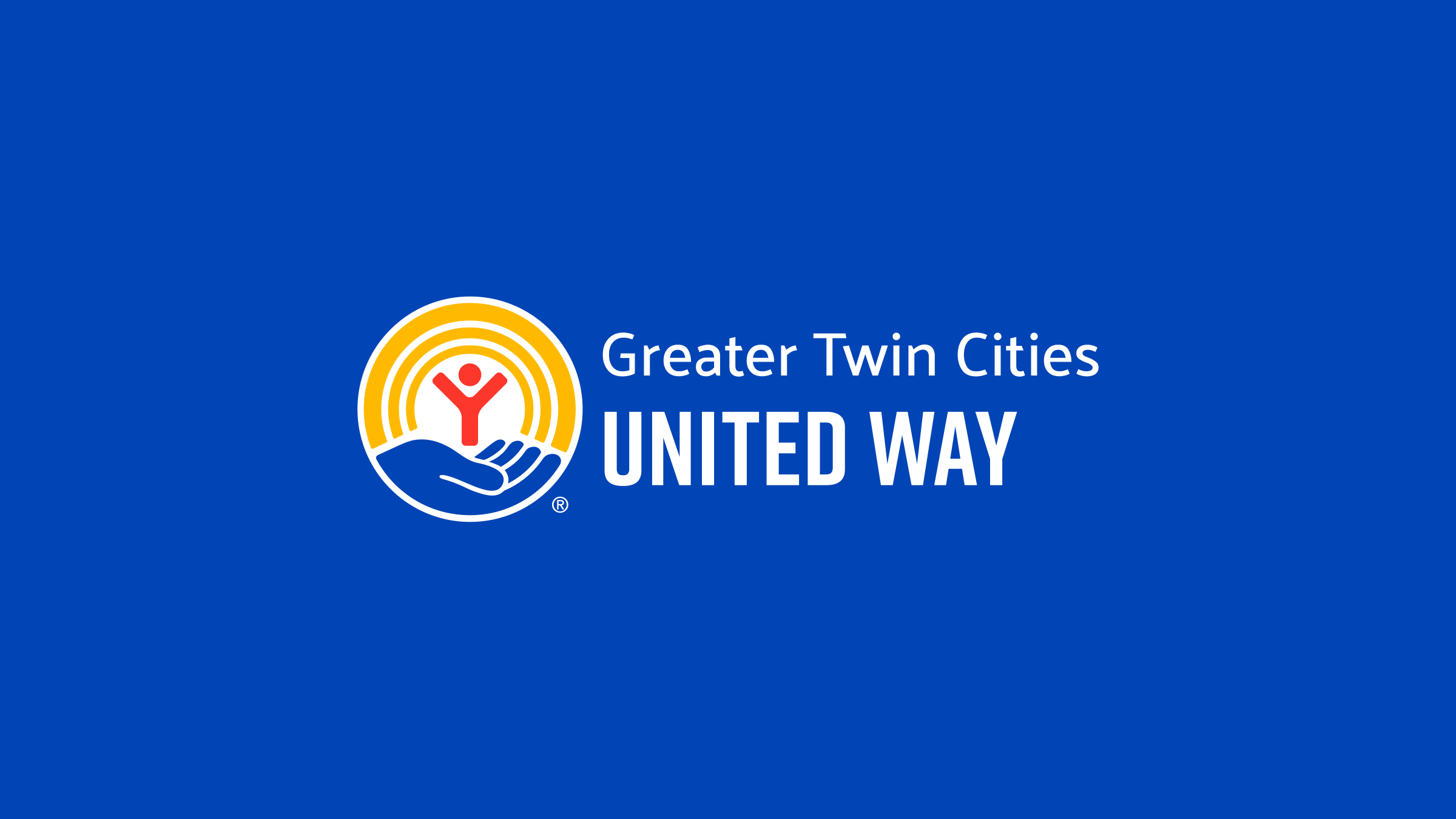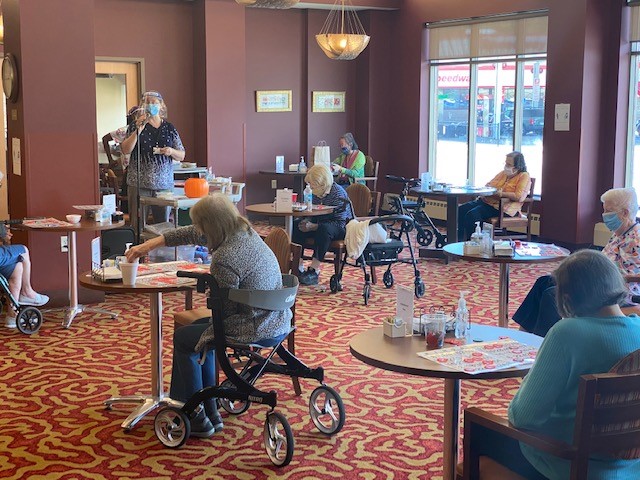
Staying in regular communication and continuing quality care for residents was at the heart of the COVID-19 response for Sholom, a senior care facility with campuses in St. Louis Park/Minneapolis and St. Paul supporting adults within a Jewish environment.

When the pandemic began, Sholom’s Executive Director Barbara Klick took quick action — before a state-mandated shutdown of all non-essential businesses — to protect residents and staff from transmission of COVID-19.
“The 1,000 individuals who receive services every day at Sholom continued to receive the best of care while a full range of protocols was put into place for their protection,” commented Jeffrey Sherman, Sholom Foundation Director of Philanthropy.
According to Sherman, COVID-19 required a rethinking of how to best care for residents. “It really adjusted the way we delivered our services. So, in part, it was restricting visitors from being in the buildings, closing dining rooms and halting large gatherings. Staff members took on additional duties, and more one-on-one time was spent with each resident.”
Funding from Greater Twin Cities United Way’s COVID-19 fund met the needs of staff and residents in the form of personal protective equipment (PPE) as well as focusing on more individualized programming.
“Pre-COVID, there was a big emphasis on group activities — socialization, entertainment and skill development. Now, we’re providing more individualized activities,” Sherman said. “Laptops and iPads are used so residents can stream shows and watch virtual tours of museums and concerts. In addition, communicating with family — because our campuses are still locked down — with Zoom and Skype calls has been vital.”
In addition to meeting the immediate needs of residents, Sherman shared how transparency and regular communication have been useful in building trust with their families.
“We try to help them understand what we’re doing, keep them informed from an organizational point of view and help facilitate contact with their family member. I spoke to a daughter of a resident who said, ‘I received a call from the dietician that my dad has not been eating well and they wanted me to know,’ she said, ‘I can’t believe during the pandemic, they’re doing all the procedures for COVID and they’re still calling me — I was so impressed.’”
Changes in protocol also required residents to shift their daily routines. “In the past, residents would either go to the dining room or they would pick up their meals and take them back to their apartments. Well, that stopped. Our staff now delivers meals to all residents individually. So that has really modified the nature of our work,” Sherman said.
Sholom’s campuses offer a continuum of care with services ranging from independent living, short-term rehabilitation, long-term care, memory care units, assisted living and HUD-subsidized housing. It was vital for staff and residents to observe quarantine procedures in order to maintain as safe of an environment as possible while continuing an excellence of care.